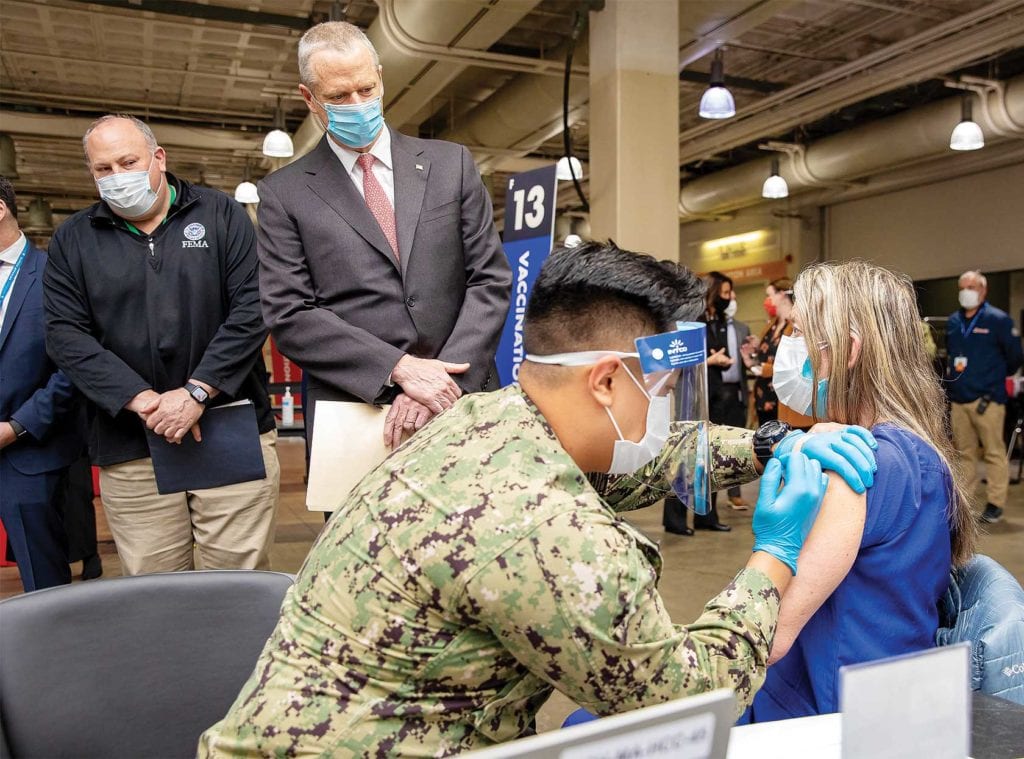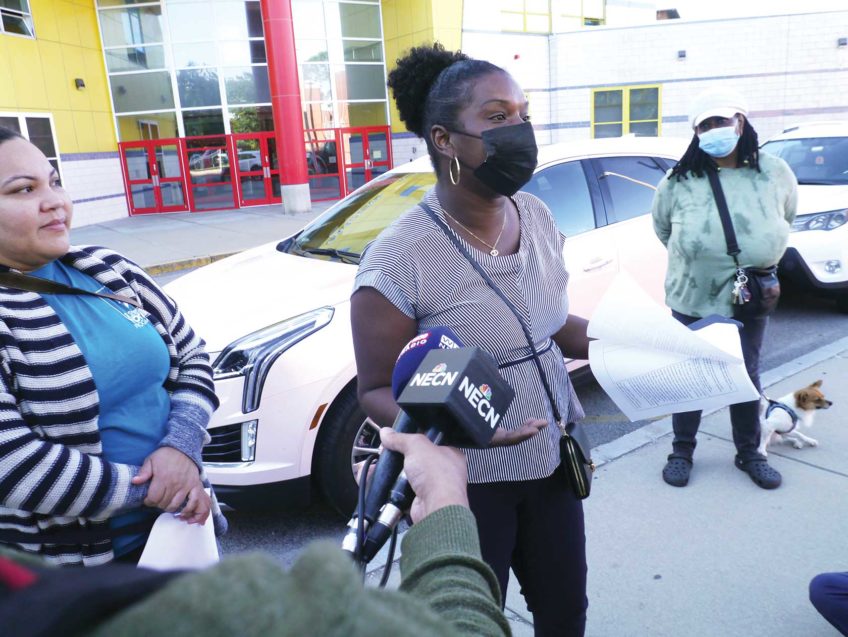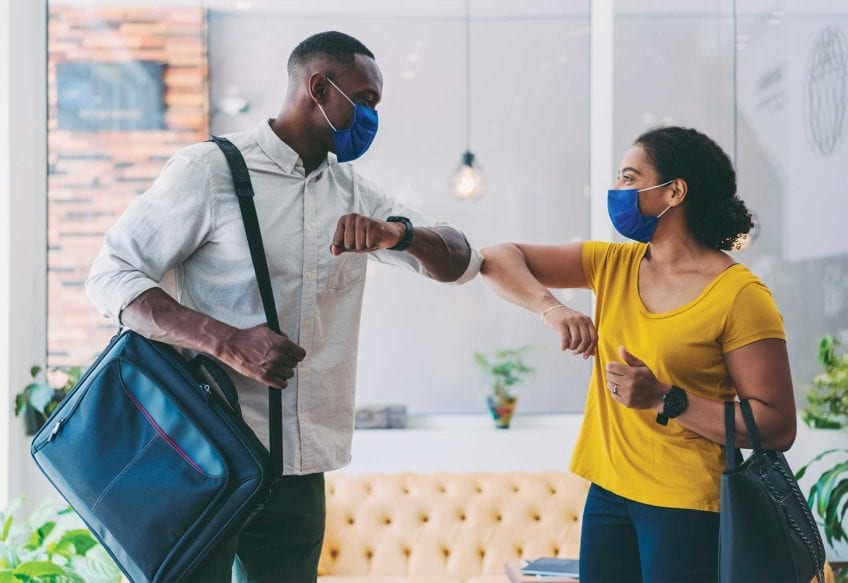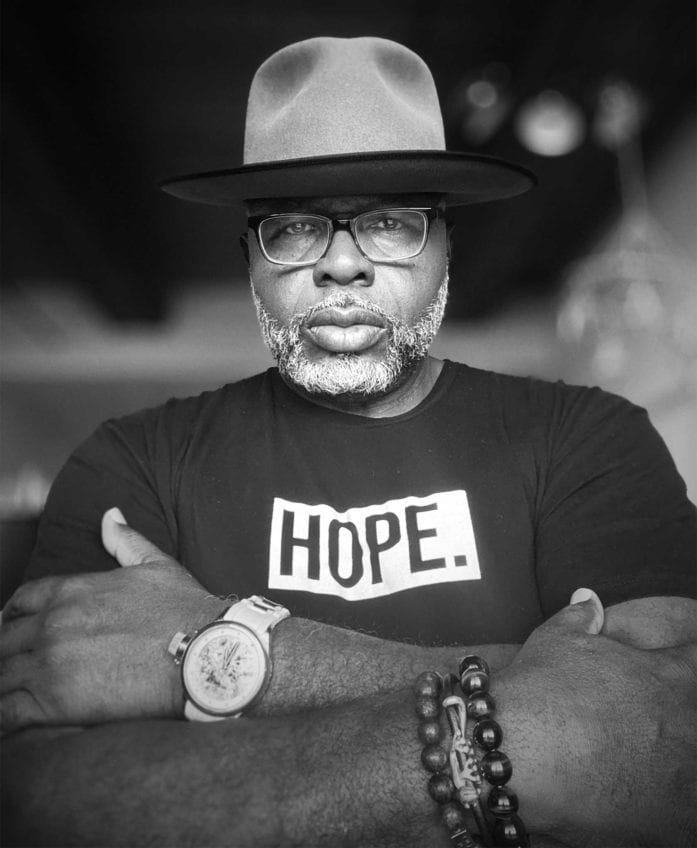
Back in March of 2020 when the global coronavirus pandemic took hold, states and local governments in the United States instituted varying degrees of lock downs aimed at stopping the spread of the virus, which was initially thought to be spread primarily through contact with contaminated surfaces as well as through respiratory droplets.
Infections, hospitalizations and deaths were trending upward when Governor Charlie Baker issued a stay-at-home order that shut down businesses, schools and places of public accommodation. While infections dropped to a seven-day average of just 150 cases by June they shot up to more than 6,000 in January after state and local officials began relaxing restrictions on activities such as retail and as college students and some K-12 schools reopened.
Case numbers dropped to an average of 1,300 in March as the second surge subsided, but now, as K-12 schools across the state are reopening and restaurants have opened their doors to diners, cases have again reached a seven-day average above 2,000.
So what’s driving the resurgence in COVID cases?
Public health experts give differing assessments. Some have cited “pandemic fatigue” — the idea that after a year of people practicing social distancing and often remaining isolated from friends and family, many are relaxing their guard.
But U.S. Centers for Disease Control Director Rochelle Walensky delivered a sobering warning last week, saying she has a feeling of “impending doom,” commenting on COVID infection rates rising across the country as some state have ditched mask mandates and many others have taken steps to reopen their economies as more and more Americans are vaccinated.
“We have so much reason for hope, but right now I’m scared,” Walensky said during a press briefing last week.
State officials including Gov. Charlie Baker have also cited social gatherings as a potential driver for the increase in COVID cases in Massachusetts. State guidelines call for gatherings of no more than 10 people indoors or 25 people in outdoor gatherings.
State residents have been complying with those mandates with varying degrees of success. As spring weather has taken hold, teens and young adults have been engaging in outdoor activities. On recent afternoons, a Banner reporter has observed young adults playing basketball and gathering outdoors largely unmasked.
State and local officials have confirmed that people age 29 and younger account for more than half of the new cases. Although younger people are less likely to require hospitalization for COVID infections, they are not immune to long-term effects of the infection, which can include damage to the heart, lungs and nervous system.
At the same time, as the state has relaxed restrictions on indoor dining, the potential for spread may be increasing as diners remove their masks to eat. This problem could be compounded as municipalities comply with a state mandate to return to five-days-a-week of in-person instruction in K-12 schools, with students removing their masks to eat in classrooms and cafeterias.
Also free to open at 50% capacity are fitness centers and health clubs, although patrons and staff are required to wear face coverings in such facilities. All indoor gatherings are limited to 100 people. Outdoor gatherings are limited to 150 people.
In her remarks to reporters last week, Walensky stressed that the Americans must continue to take the protective measures that have so far proven effective in combatting the spread of the virus.
“Wear your masks, continue to distance and do the things that keep you safe,” she said.







